State Sales Tax
1. Is each local Club responsible for paying State Sales Tax and Franchise Tax?
Answer: Yes, each club is responsible for contacting the Comptroller’s Office to file the necessary form to let the Comptroller know that you are part of the Federation’s tax exemption under Section 501(c)(3). By notifying the State, you are then exempt from franchise tax, which is the tax collected on revenues generated at the State level. Even though you are part of a tax-exempt entity, if your club were to sell goods or merchandise, you would be required to collect sales tax on those items and remit the sales tax to the Comptroller. It is due on a quarterly basis.
2. How do I apply for a State Sales Tax application for my club?
Answer: Log onto www.window.state.tx.us. In the left hand column you should see SALES & USE TAX. Click here, next click SALES TAX PERMIT and begin. These screens will basically walk you through the sales tax registration. All you should need is your club’s EIN# and the GEN#, which is 7128.
3. Is our Club subject to collection of sales tax in connection with the sale of tangible goods?
Answer: Yes, but each tax-exempt organization may have up to two tax-free days per year and most clubs decide to utilize the tax-free days in conjunction with Aggie Mom Boutique. Therefore, to the extent your club sells goody bags, crafts, jewelry or other tangible goods, you should be collecting sales tax from the buyers of those goods and filing the appropriate reports with the Comptroller of Public Accounts. You do not need to collect sales tax on ticket sales such as the sale of tickets for a Singing Cadets concert.
4. How do I know how much State Tax to charge?
Answer: You should charge the amount of State Tax due to the county that the tangible good is sold in.
5. If a Club sells items over its website, must it collect sales tax on the items sold?
Answer: If the Club is based in Texas and the goods are shipped from Texas, you must collect sales tax on the items sold. The only exception to this is sales on one of the two tax-free days each calendar year that most Clubs use for Boutique weekend.
6. Are silent auction items subject to sales tax?
Answer: Yes that is why it is advisable to do silent auctions on one of the two allowed annual tax-free days.
7. Are the proceeds received from raffles subject to taxes?
Answer: The proceeds received from your raffles do constitute revenues for your club and these should be reported on the Federal IRS Form 990-N. So long as you remain compliant with the requirements of tax-exempt entities, you will not be taxed at the federal level on the income received. A raffle is simply buying a chance to win, and buying that chance is not tax deductible to the person buying the chance. Your statement that you are limiting your raffles to 2 times each calendar year will enable you to refrain from complying with numerous rules and regulations on raffles otherwise.
There is no sales tax on the raffle since you are not selling an item, merchandise or goods, but instead a chance to win something, you would not owe sales tax and therefore you would not collect sales tax from the person buying the raffle ticket.

